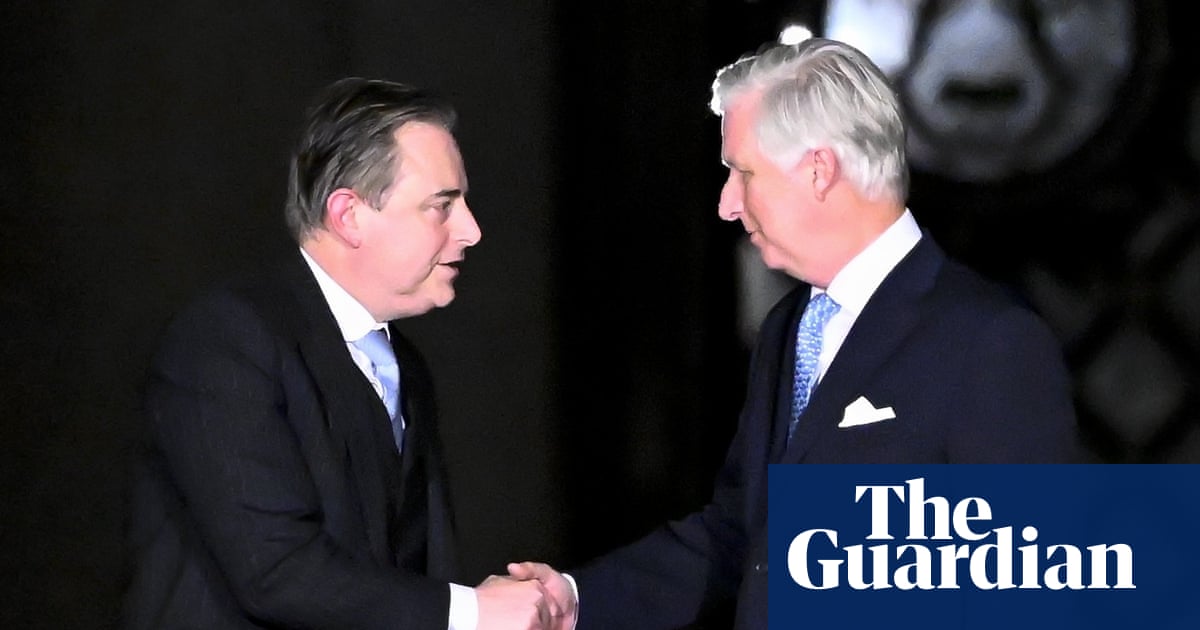Coalition talks between De Wever’s right-wing New Flemish Alliance (N-VA), the Francophone center-right Reformist Movement (MR), the Francophone centrist Les Engagés, the centrist Christian Democrat and Flemish Party and the center-left Flemish Vooruit party — dubbed the “Arizona” coalition after the colors of the American state’s flag — hit multiple bumps in the road.
Belgium’s June election delivered an unexpected result: In the traditionally left-wing Walloon region in the south of the country, MR emerged the winner. In the Flanders region in the north, De Wever’s N-VA stayed ahead of the far right. It led some to hope that it would be easier than ever to bridge Belgium’s language divides and forge a majority of like-minded parties.
But negotiations repeatedly collapsed over budget disputes, and Belgian King Philippe granted De Wever multiple extensions as he sought to reach a coalition accord. Finally, earlier this month, the king issued De Wever an ultimatum: form a new government by the end of January or face a new election.
Under renewed pressure to do a deal, party negotiators entered the final stretch of talks this Wednesday, racing against the clock to form a new government by Friday.
Negotiators finally struck an agreement after marathon talks in the Royal Military Academy, a stone’s throw from EU institutions on the Schuman square. Initial plans to meet at the Val Duchesse castle — the scene of several past government deals — were abandoned when it transpired that the heating and showers were broken.
The new government will have its work cut out for it, facing a laundry list of tasks left undone during the prolonged negotiation process. During the extended interregnum, Belgium missed several critical deadlines including appointing a European commissioner candidate (which it eventually did) and presenting budget plans to the European Commission by the end of September (a task that still languishes).
Article by:Source:














